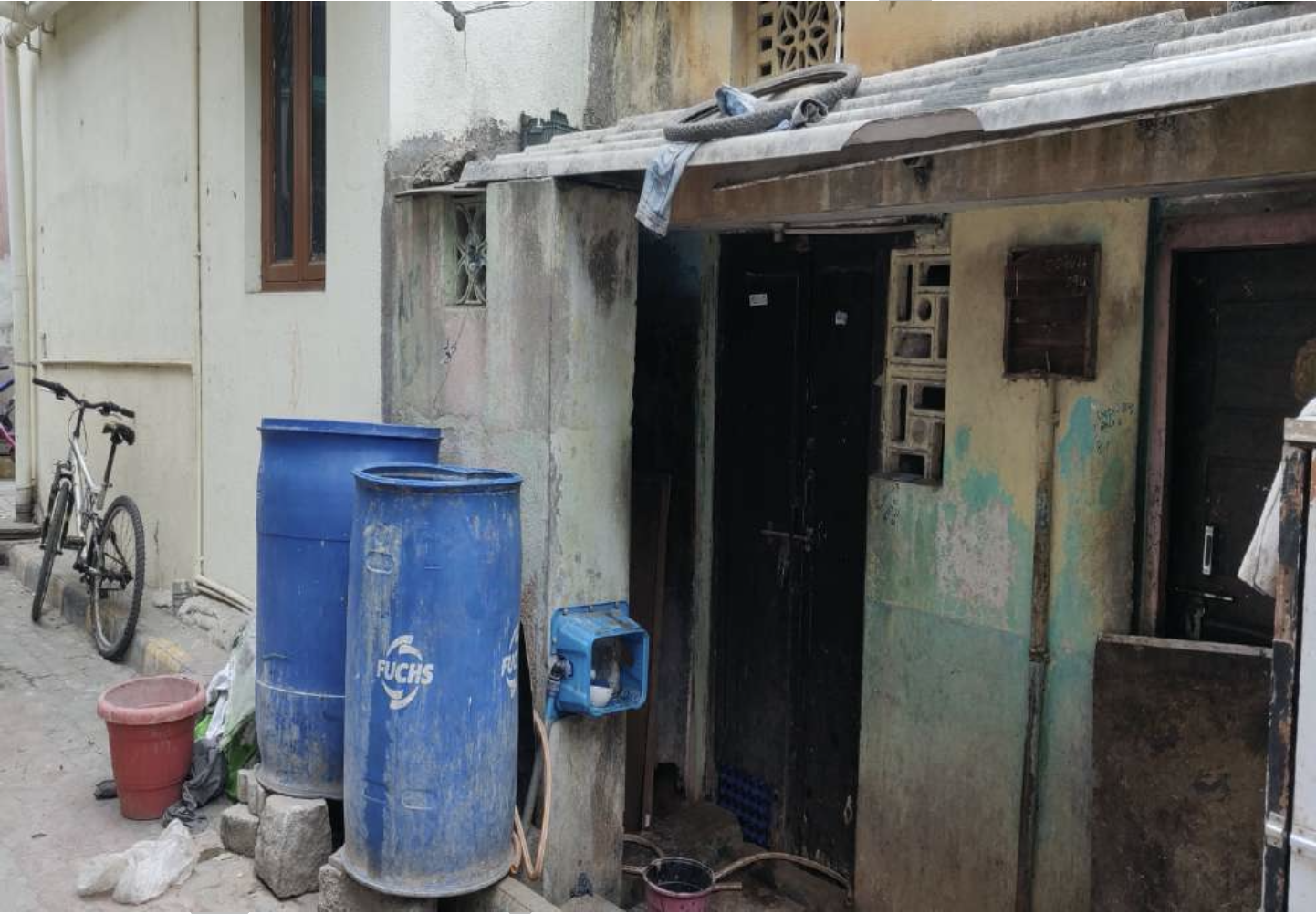Bengaluru Water Quality
Water quality depends on the source of water borewells, tankers or corporation water and thus it differs area-wise. A survey conducted in 2018 across 1423 homes in Bengaluru revealed that around 24% households receive water with a hardness level above the prescribed limit of 200 mg/l. 49% of these samples were from borewell, 26% was corporation water.
According to a study conducted by CSIR-National Environmental Engineering Research Institute (NEERI) in 2021, it was revealed that 21 out of 210 lakes in Bengaluru city have excellent water quality, which can be used for drinking purposes, according to a study. Out of 210 lakes, the water quality of 36 lakes is very poor and that the water cannot be used for any purpose and the water quality of 63 lakes is poor which can be used for irrigation but with restricted usage.
The complete potability test according to the drinking water standards set by the Bureau of Indian Standards (BIS 10500) can be accessed through the following link: http://cgwb.gov.in/Documents/WQ-standards.pdf.









